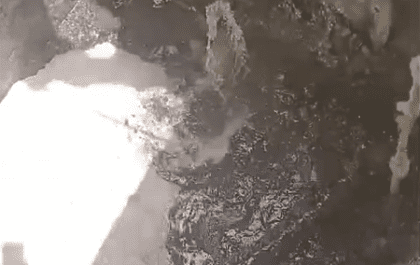The current reliance on entrance examinations for university and college admissions in India has given rise to several significant concerns. This system has led to substantial stress among students, an unregulated proliferation of commercial coaching, and growing concerns regarding the fairness of these assessments.
In today’s time, lakhs of students compete annually in entrance exams such as NEET, JEE, CAT, and CUET for a limited number of seats. Parents often spend their life savings to afford the high fees of reputed coaching centers, hoping that their children will receive the best possible preparation. The entrance coaching industry, valued at a minimum of Rs. 100,000 crores, underscores the substantial financial strain on families and highlights the increasing disparities in access to quality preparation resources.
This situation has led to a rise in inequality, as only students from affluent backgrounds can afford premier coaching institutes, while those from economically disadvantaged backgrounds face significant barriers. Consequently, this unequal access undermines the meritocratic nature of the entrance exams, as success increasingly depends on one’s financial resources rather than innate ability or effort.
Moreover, the pressure to excel in these high-stakes exams has significant repercussions for student well-being. Many students experience severe mental health issues, including anxiety and depression, as a direct result of the intense pressure associated with these examinations.
Another area of concern is the reservation policy. It is observed that general category students with high marks sometimes lose out on admission to prestigious institutions to candidates from reserved categories who have comparatively lower marks. This raises questions about the fairness of the system, particularly when it comes to defining merit. While reservation policies aim to address historical and systemic inequalities, the perceived inequities in seat allocation can be disheartening to those who meet the merit criteria but are excluded from admission.
In summary, the current system of entrance examinations, while intended to be meritocratic, has increasingly become a measure of who can endure pressure the best rather than who is inherently the most capable. This shift highlights the need for a reassessment of the admissions process to better balance merit with fairness, accessibility, and student well-being.
(The author passed her 12th CBSE exam and ready to enter college. Views expressed reflect those of many more students at this stage.)
Popular Stories
How To Revive Your Rainwater Harvesting System
The Water Couple’s Journey: From Cleaning Tanks to Complete Water Solutions!
Locals Felling Trees Near Sec A Pkt C
Winning Has Become a Habit for Divya
Is Green Park Heading Towards A Slum
Haphazard Parking, Narrow Walking Space In M Block Market
Recent Stories from Nearby
- Session in Utopia to Educate the Staff on Waste Segregation April 12, 2025
- They Work for Sex Workers’ Upliftment April 12, 2025
- Heaps of Garbage and Chaotic Parking outside Parsvanath Srishti April 12, 2025
- Ghar Baithe Gaana – A Melodious Journey of Our Society April 12, 2025
- A Gem Personality of Srishti April 12, 2025






